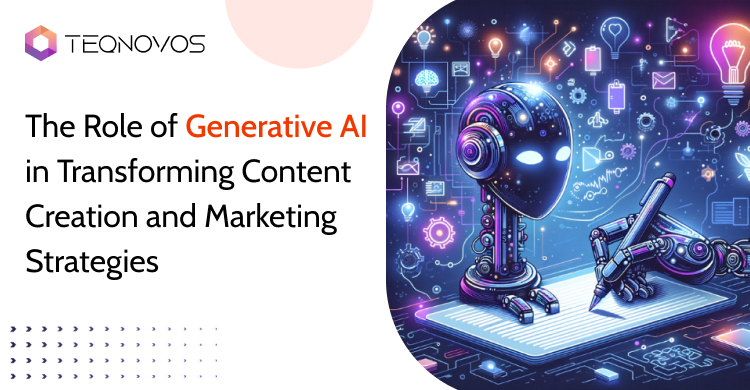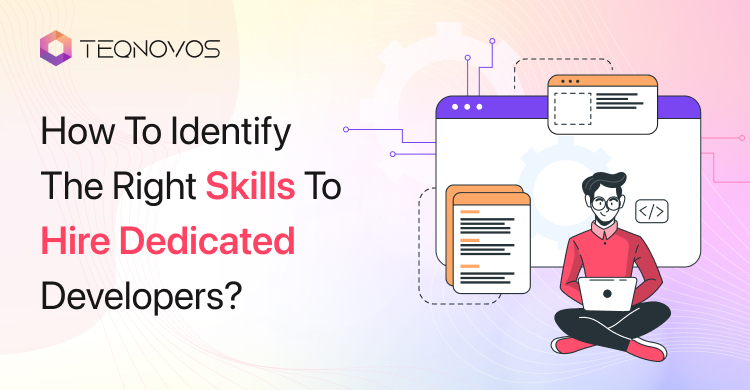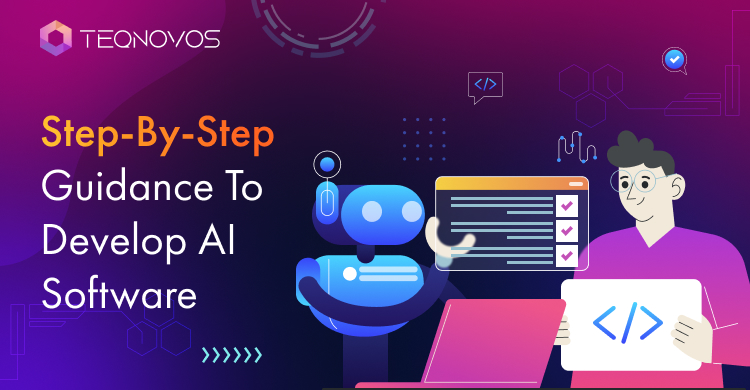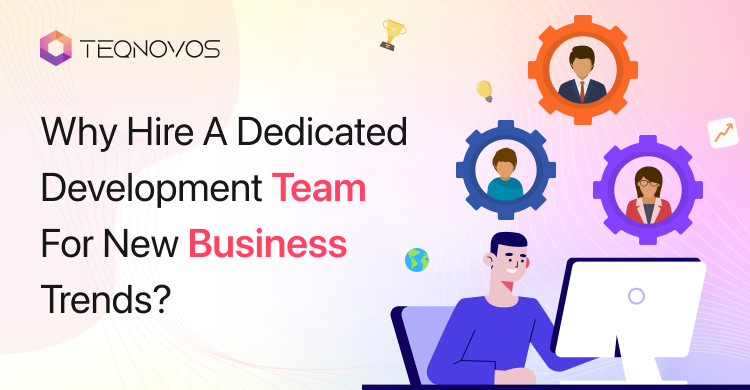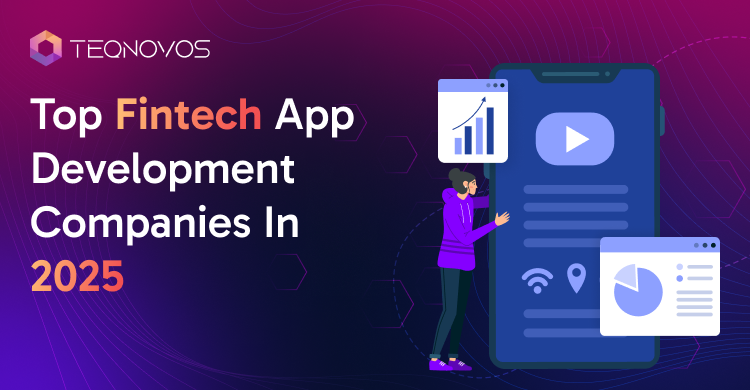The Role of Generative AI in Transforming Content Creation and Marketing Strategies
In the field of marketing, generative artificial intelligence’s implications are already evident. In a recent Deloitte survey, marketers reported that 26% of them were currently utilizing generative AI, and another 45% said they expected to do so by the end of 2024. Numerous Generative AI development companies are providing top-notch generative AI development services.
The technologies used in generative AI are quite adaptable and have many uses. While creating content like videos, images, and writings is its most popular usage, it can also be very helpful to marketers by facilitating office tasks, supporting statistical analysis, and assisting with organizing campaigns.
Generative AI: What is it?
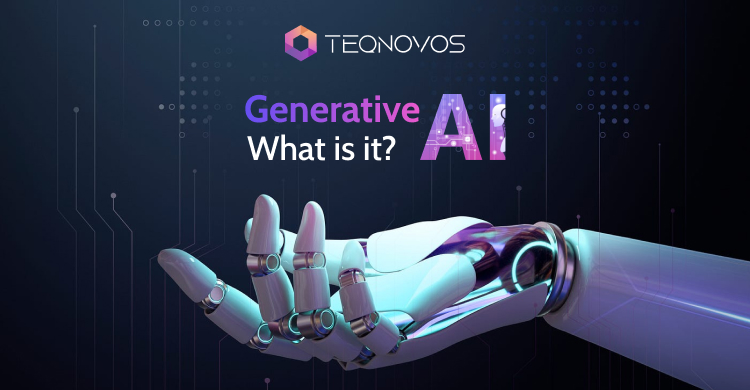
A particular type of artificial intelligence known as generative AI is mostly concerned with producing content rather than simply evaluating it. This comprises written content, visual content, music, sound, and videos. A method used in general artificial intelligence (AI) to build machines that can do a variety of tasks with an increased level of accuracy close to that of humans is called deep learning.
These models are trained on vast amounts of data. When compared to conventional Artificial Intelligence systems that are trained to do something particular, generative AI is more adaptable.
To produce genuine content that replicates the information received during training, all you need to do is type a based on text prompt. Numerous businesses, particularly marketing and advertising, are utilizing generative AI as a result of the growing interest in this technology.
ROI for Generative AI Adoption
It is critical to assess the return on investment (ROI) from employing Generative AI (GenAI) in content development. Prominent GenAI users are reporting notable returns on investment (ROI), which may be measured by particular performance indicators and monetary benefits.
With AI-powered content generation, marketing executives’ workload has been reduced by almost 60%, according to 67% of those who have adopted the technology.
1. Content Production Efficiency
Quickness: The time needed for content generation has been greatly decreased by marketers because of the use of GenAI technologies.
Lesser cost: When efficiency is increased it automatically brings the cost-cutting as there are lower labor costs.
Increased productivity: This makes it possible to create more content in the same amount of time, which boosts productivity.
2. Improved content quality and engagement.
Enhanced engagement rates: Greater audience feedback, longer engagement durations, and higher click-through rates are all attributed to GenAI.
Income impact: Higher-quality content increases customer acquisition and retention, resulting in more income from marketing initiatives.
3. Improved marketing campaign performance.
Data interpretation and observations: More focused marketing tactics are produced by GenAI’s analysis and generation of insights from massive data sets.
Improved conversion rates: Improves conversion rates and makes marketing budget allocation more effective.
Scalability of GenAI Solutions.
Adaptability: As organizations expand and their content needs change, GenAI products adjust effortlessly.
Reliable ROI: Makes sure that even as the company grows, the return on investment from implementing GenAI is constant.
4. Early adoption offers a strategic advantage.
Innovative Leadership: The initial users position themselves as industry leaders.
Benefits to the economy: It can result in greater brand value and customer trust.
There are numerous situations where using GenAI in content development gives a substantial return on investment (ROI). Marketing performance, scalability, strategic positioning, efficiency, quality, and engagement are some of these aspects. All of these things work together to provide you with an advantage in the market and substantial financial rewards. changes.
Key Applications of Generative AI in Content Creation
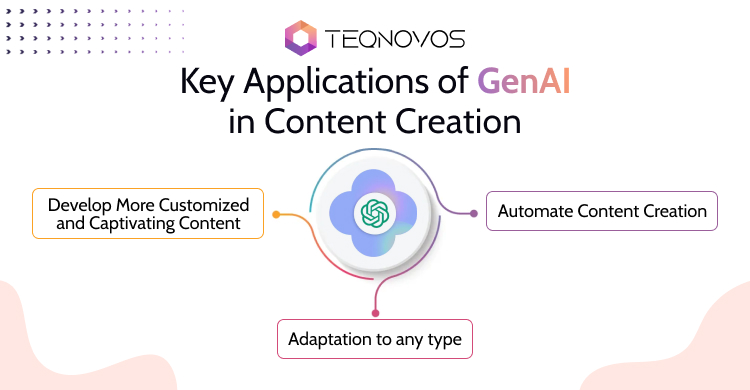
With its many powerful applications that improve productivity and quality, generative artificial intelligence (GenAI) is redefining the content creation industry. By the end of 2024, more than 65% of corporate leaders are anticipated to have experimented with artificial intelligence (AI) content-generating technologies.
Currently, more than half of them are integrating into the content marketing strategy. GenAI’s primary applications in this industry are complex and diverse, covering a wide range of content generation elements.
1. Develop More Customized and Captivating Content
Businesses use AI analytics to personalize content to individual interests, which boosts engagement. This analysis also results in greater satisfaction percentages. GenAI tools boost creativity by providing new viewpoints and ideas that human content producers may not have considered before.
2. Automate Content Creation
Generative AI is most commonly used by marketers for basic content production (76%), copywriting (76%), and motivating innovative thinking (71%). It frees up time for marketers to work on more creative and strategic projects by automating repetitive processes like data analysis and simple content generation. Quantitative data indicate that content production times have improved significantly. Some companies have noticed a noticeable increase in the rate at which content is being created.
3. Adaptation to any type
GenAI development services provide solutions that cater to a variety of formats, including social media and blog material, videos, and interactive experiences. Because of its versatility, it’s a priceless tool for content marketers looking to expand their product offers.
GenAI integration in content development not only speeds up production processes but also improves output quality. The combination of efficiency, customization, and creative augmentation offered by GenAI makes content marketing a more dynamic and viable industry.
Integration of Artificial Intelligence into Marketing Technology
Since AI, especially Generative AI development services, has been integrated into marketing technology stacks, content creation is changing quickly. Because of the effectiveness and creativity that AI brings to the table, this development is altering the way marketers address content planning, creation, and dissemination.
Applications of AI in marketing are at present valued at $15.8 billion. It has been estimated that by 2028, it will rise to almost $107.5 billion. The yearly expansion rate of AI in the field of marketing has been a remarkable 186%.
AI is getting more and more incorporated into marketing technology, and adoption rates are rising progressively. Marketers are taking calculated steps to stay competitive by progressively integrating AI solutions into these stacks. Marketers are empowered by AI’s innovative ability to handle immense quantities of data and provide useful insights. They are skilled at analyzing data so they can develop focused plans and make well-informed decisions about what to put online.
AI has a huge influence on content development operations and profoundly changes them in some ways.
Process Simplification: AI helps with audience research, idea generation, customization, and effectiveness, which saves a significant amount of time and money. This enables marketers to focus on deeper assignments.
Content Creation: Tools may quickly generate proposals, publish social media posts, and finish advertising initiatives, greatly cutting time to market.
Enhances Personalization: A more relevant and engaging experience is provided by the highly tailored content made possible by its analysis of client data and prediction of preferences, which enhances personalization.
Improving the Performance of Content: Analyzing content across platforms regularly generates insights for constant enhancement, providing ROI-focused and successful strategies for advertising.
Conclusion
Generative AI has the potential to completely change the marketing landscape. Because it may produce creative and innovative results, it can save time and money by enabling marketers to generate and enhance content, advertisements, and ideas more quickly.
The capacity of generative AI to analyze data and share marketing knowledge will also help companies produce highly personalized outputs with improved targeting of audiences. To guarantee that the content stays true to the brand’s founding principles, the Generative AI development company must find the right balance between generative AI and human innovation.
Teqnovos is a leading Generative AI development company in the USA. We provide innovative Generative AI development solutions that are customized according to the final goal of the project. We can integrate generative AI solutions with your existing software. We have a team of talented Generative AI developers for efficient results. Book a call now to get a free quote!
Frequently Asked Questions
1. What do you mean by Generative AI?
Artificial intelligence technology known as “Gen AI” is capable of producing an extensive variety of content, including written word, visual imagery, audio recordings, and artificial data.
It can create material on a range of ideas because it has been trained on a vast amount of internet data. It is restricted to what it was designed to achieve, though. The data it utilizes and the instructions it receives affect how precise it is.
In what ways may generative AI development services improve content production for marketing campaigns?
Marketing professionals may create more individualized and targeted campaigns with fewer people involved because of generative AI, which speeds up the creation of writing, visuals, and animations.
2. How can your company help us with generative AI development services?
At Teqnovos, we have professional generative AI developers providing top-notch Generative AI development services. Our team works efficiently to provide the best possible solution to achieve the goals of the project. Developers can also integrate Generative AI development solutions with your existing software.
3. How will AI affect marketing in the future?
Future developments in artificial intelligence (AI) are expected in fields including natural language processing, statistical analysis, and user experience optimization, which will enable businesses to develop more customized and captivating relationships with their target market.










